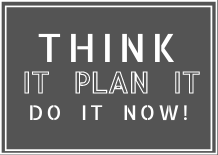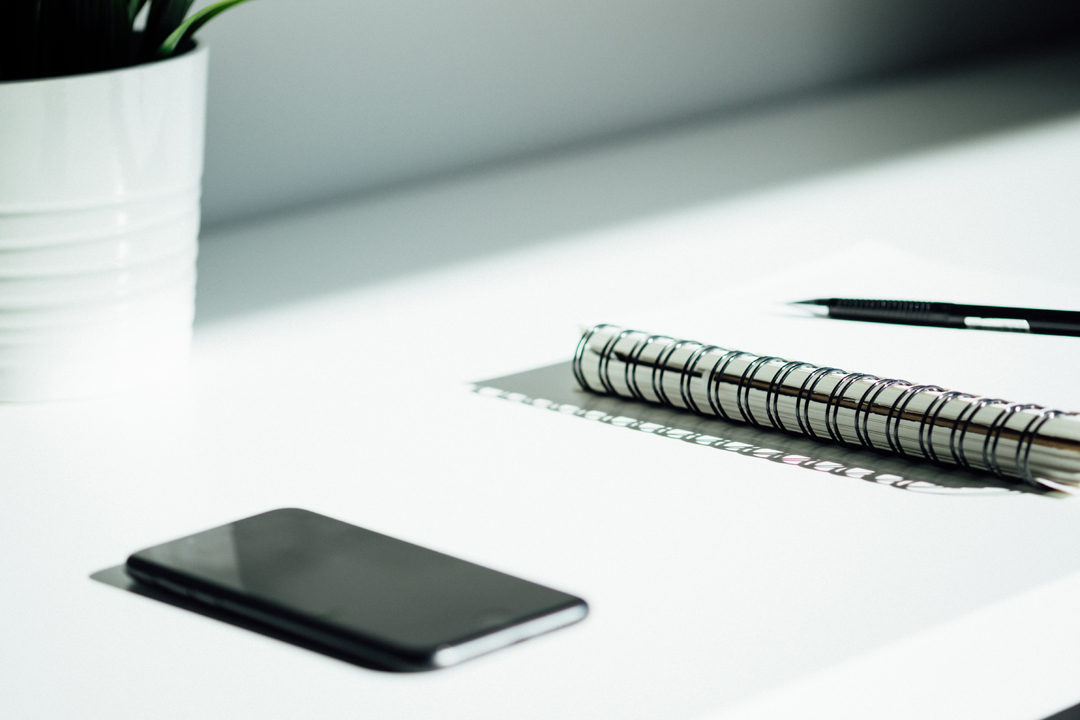Don’t you find it funny that there are some things we have no problem in doing, like setting a date for going out for a meal, going to the cinema, or may be a date to meet up with friends, but then there are other things in which we know we should do, but guess what we tell ourselves things like I’ll do it later, it doesn’t have to be done now, or worse yet we find other things to do instead, which could be the very reason your reading this article right now.
So what makes us put off some things but not others, or put simply why do we procrastinate?
As a coach I come across this question time and time again, and it’s no surprise given that it’s a human condition that from research findings suggest it can affect as many of 95% of us. Which begs the question what do the remaining 5% know that we don’t?
So, what are the things that make us procrastinate? From what I’ve found the reasons seem to fall into the following characteristics.
These are as follows:
Ambiguous
Unstructured
Not rewarding
Boring
Frustrating
Difficult
Lacking in personal meaning
What do we see at play from this list? It’s clear that there is a little battle going on within our heads between that of the logical part of our brain, and that of our rational thinking, and the one that more than most comes out on top, and which will ultimately determine our behaviours is the rational.
So if you’ve got that piece of work to do but your favorite team is playing on the box, then it’s no surprise that you end up watching the match. Same can be said for that idea you want to sit down a work through, but there always seems to be a reason why you don’t do it.
So what can be done to help us avoid procrastination? Well some of the ideas put forward are:
Work within your resistance level. In this instance it’s about finding a length of time that you would be happy to work on the activity for, and then actually doing it. So it’s about setting a timescale that won’t make you feel like it’s a chore, but one your happy to do.
Do something — anything — to get started. I’ve come across research that says we remember uncompleted or interrupted tasks better than projects we’ve finished. So it would appear it’s much easier to keep going with a task after you’ve overcome the initial barrier of starting it in the first place, or even after you’ve been interrupted, results show once you start your more likely to complete it.
List the costs of procrastination. This idea works best for larger tasks, so for example moving home. However, it’s also worth making a list of some sorts of the things you put off personally and professionally, large or small, and then calculating the costs of procrastination for each.
Take time out and Disconnect. You know where this one is heading don’t you? Yes, it’s our social media habits, the emails, texting, talking, posting, commenting, anything to do with social media that involves us interacting with our friends or family. So to avoid the temptation of distraction, turn them all off.
As with working within your resistance level, set yourself a timescale if that works better for you, say one hour, so you know you have that reward coming.
These are a few simple steps that you can take, to help avoid that procrastination doesn’t get in the way of you accomplishing your most important tasks.

